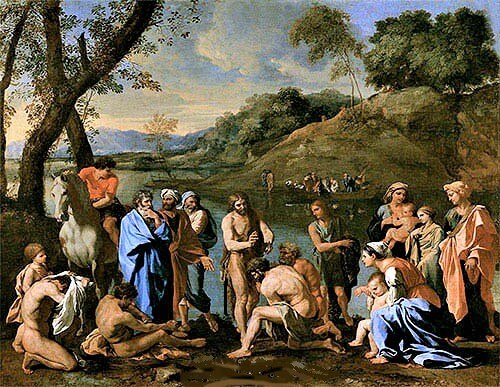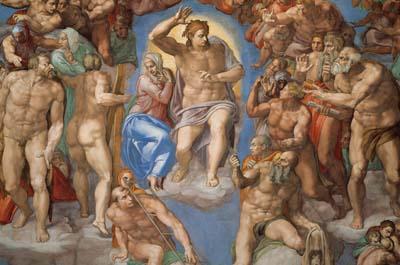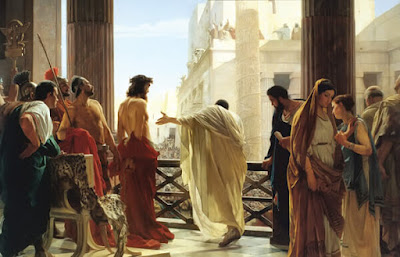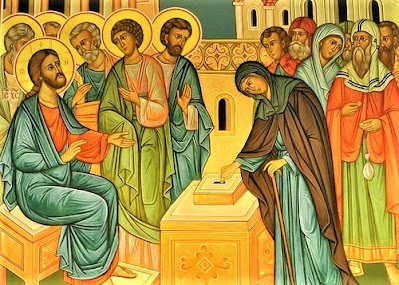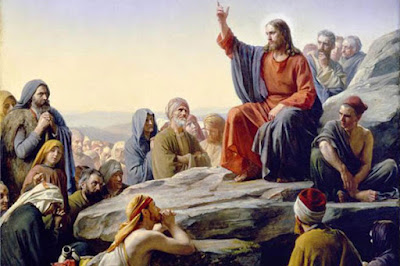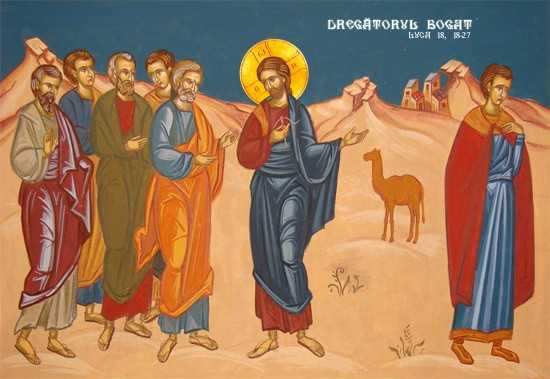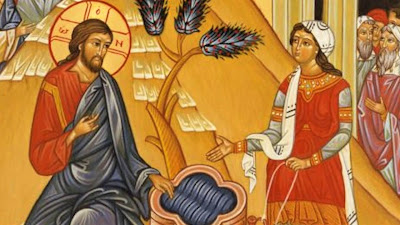Homily for the 3rd Sunday of Advent, December 12, 2021, Year C
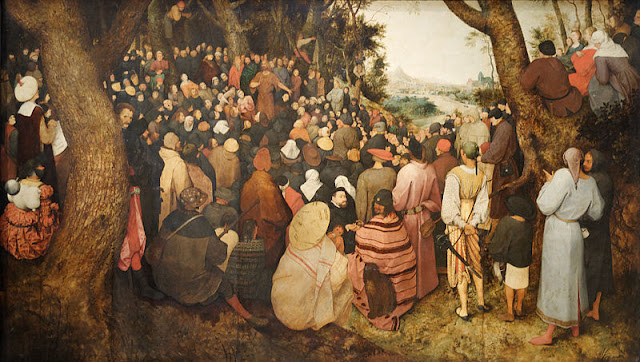
Fr. Charles Irvin Diocese of Lansing ( Click here for Sunday’s readings ) As we prepare for the Nativity of our Lord the issues that surround us this Advent season are enormous. Once more this year we struggle to find peace – peace among the nations and among ethnic groups, peace in our own homeland, and peace between two civilizations, Muslim and Western. The now forty-year-old drug problem still plagues us here in our country. On the one side there are those who grow drugs along with those who market them for vast sums of money, and on the other hand there are those who buy and use drugs. How can we put an end to the mutual addiction, this gigantic co-dependency, involving both greed for money and need for drugs? There are other problems too – the decline of the nuclear family, lack of housing for many, abuse of children, dysfunctional families, the control of gun sales, and on, and on, and on. These problems are many and are seemingly so intractable that we’re tempted to th
